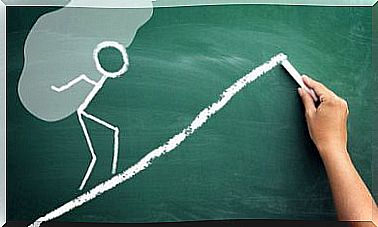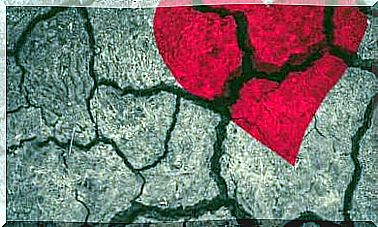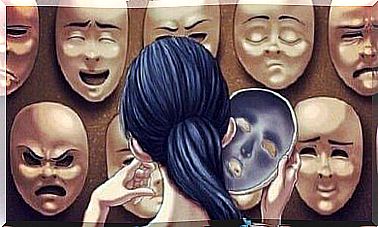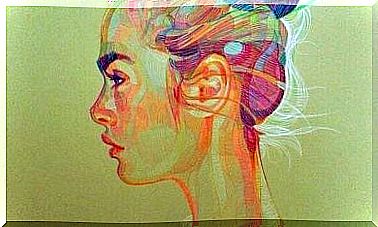Treatment-resistant Depression: What Is It?

Treatment-resistant depression is a version of this disease that does not tend to respond to common medications. People with it often try a variety of prescription drugs and different treatments, without noticing any improvement.
It is easy to lose heart when faced with this, but it is our experience that sooner or later you will find a method that gives positive results.
This definition has given rise to some controversy. According to the NICE guide ( National Institute for Health and Care Excellence ), it is quite arbitrary to diagnose someone with treatment-resistant depression after trying two different types of antidepressants without having the desired effect.
Organizations such as The British Association for Psychopharmacology say that we can use this diagnosis in cases where the patient has tried different combinations of drugs without change. So far, however, experts have not reached a consensus.
One thing that is certain is that almost 30% of all patients diagnosed with major depression do not experience any improvement from their treatment.
In these cases, many experts feel obligated to re-evaluate the person’s diagnosis. The fact is that . Let’s take a closer look at this problem.

We need to clarify one thing from the beginning: depression is treatable. Whatever the case, depression is multifaceted, and so must treatment. The method may include medication, psychotherapy, socialization, etc.
Treatment-resistant depression looks the same. But in these cases, we must be consistent and persistent in finding the right treatment. Only then will the patient (who suffers unbelievably much) experience the improvement he needs.
On the other hand, we must not forget that antidepressants have a proven effect. Of course, there are some caveats, such as that the patient must eat them for at least six weeks to notice an improvement.
However, when no improvement occurs and the patient continues to feel unwell, it can be devastating. Even more so when he loses all confidence in his doctor and is skeptical about trying new treatments.
Dealing with treatment-resistant depression is not an easy process by any means. Treating it therefore requires strong dedication on the part of the patient. Support from the family is also important.
When the patient has already tried two types of antidepressants without success, the first thing the doctor will do is:
- First, she will find out if the patient is performing the treatment (if the prescribed dose and time periods are followed).
- Find out if the patient is taking other medicines (with or without a prescription, including “natural” medicines “, which may interfere with the effectiveness of the medicine.
- Evaluate whether the patient has received the correct diagnosis. Often, the reason behind treatment-resistant depression is that the patient has other conditions, such as bipolarity, borderline personality disorder, etc.
Last but not least , you must ensure that the patient is fully aware of their disease and is motivated to change. We already know that chemistry is effective and irreplaceable in treating depression, but we also need some degree of dedication from the patient to optimize the therapeutic process.

At this point, one thing should be clear: an individual suffers from treatment-resistant depression when he does not respond to treatment with drugs. But the psychotherapeutic method then?
Is it not useful in these cases? In fact, there are no conclusive studies on this. When a person with severe depression does not see any improvement with antidepressants, he also tends not to benefit from therapy.
It must be remembered that this type of depression is a serious mood disorder. It often requires psychoactive drugs, and when these do not work, doctors usually do the following:
- Changes the dose.
- Switch to another medicine.
- Combines various antidepressants.
- Increases the effect of the drug with the help of other drugs, such as:
- Antipsychotics
- Lithium
- Antiepileptics
- Triiodothyronine
- Pindolol
- Zinc
- Benzodiazepines
Until recently, the treatment of this condition included the ever-controversial electroconvulsive treatment. In recent years, however, two other treatment methods have entered the scene. They are:
- Transcranial magnetic stimulation is a non-invasive and painless stimulation of the cerebral cortex. It disrupts the normal brain activity of a controlled family. Thanks to this “neuromodulation”, the chance of drugs having an effect is higher, and the individual will be more receptive to psychological therapy.
- Stimulation of the vagus nerve: various studies indicate that stimulation of the vagus nerve can be helpful in treating severe depression. The method involves small electrical devices that stimulate the nerve, which is in contact with the brain. It helps patients to calm down and reduces stress, anxiety as well as negative thoughts.
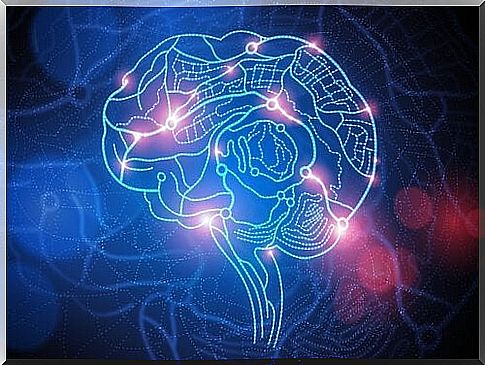
- If the treatment does not work immediately, do not give up.
- Understand that your doctor may need to change your dose, change your medication or try to combine different types. Be patient and trust your doctor as well as the process.
- Remember that each case of depression is unique. Your doctor needs to find the right treatment that works for you, so be sure to cooperate.
- If you are taking other medicines, you must inform your doctor.
- Finally, you should take care of your health and try to maintain a good lifestyle. Sometimes poor diet or addictions can get in the way of treatment.
Remember that even though our bodies and minds are complex, it does not mean that you do not have the right to feel good. You have the right to be free from depression. Do not be afraid to follow the advice of qualified experts. In the end, you will find the right combination that works for you.
